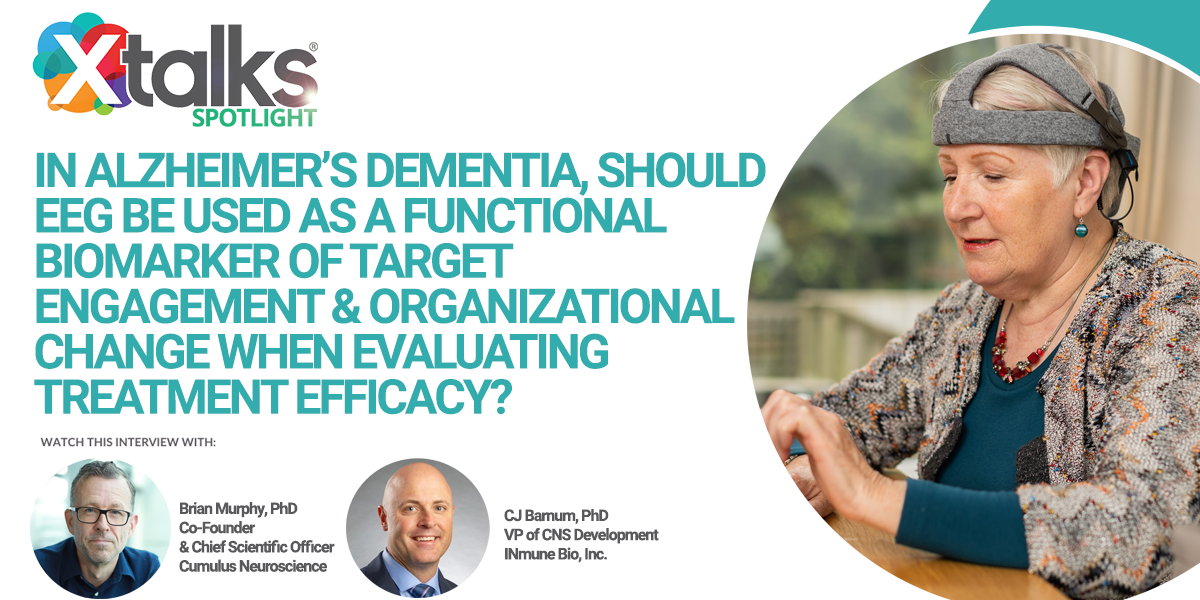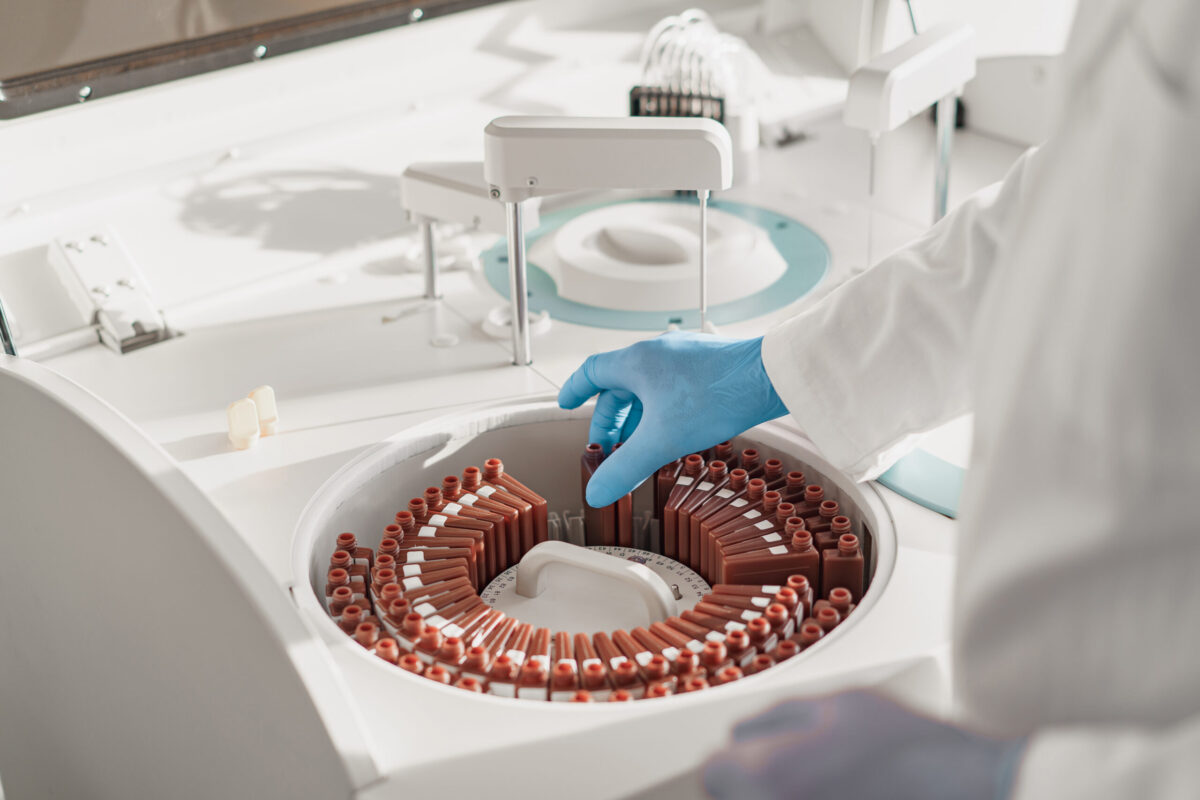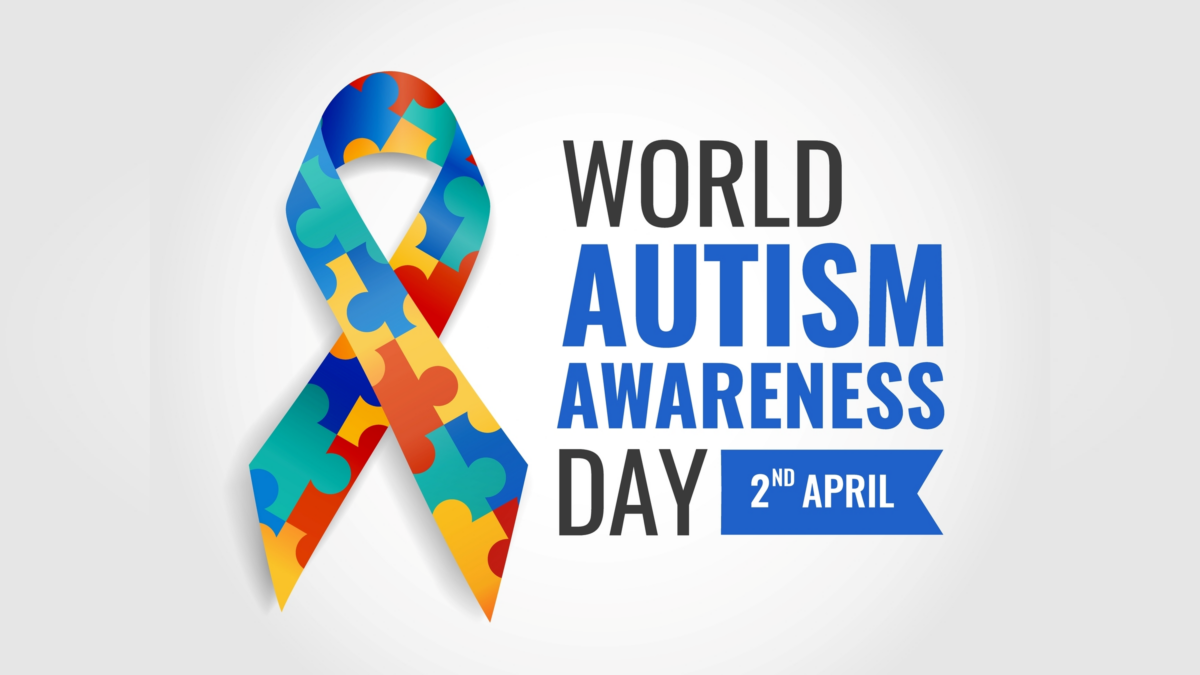The European Parkinson’s Disease Association (EPDA) is Europe’s Parkinson’s umbrella organization that connects and engages with the Parkinson’s community in Europe and the world. The EPDA represents national Parkinson’s associations across Europe and advocates for the needs and rights of more than 1.2 million people living with Parkinson’s in Europe.
When it comes to disseminating information, the EPDA has the biggest online library in Europe for information, research and resources for Parkinson’s that are verified by experts.
The EPDA’s own lifestyle magazine, Parkinson’s Life, is a good resource for reading about the condition through the eyes of the whole Parkinson’s community. The magazine is ripe with stories and testimonials of people living with the condition, their family members, caregivers and health care professionals.
The EPDA also has a podcast about Parkinson’s where different topics are discussed, such as getting involved in Parkinson’s research, breaking the silence on impulsive and compulsive behaviours and more.
Xtalks learned more about the EPDA, the association’s current initiatives and perspectives on patient engagement in Parkinson’s research through a discussion with two EPDA team members: Amelia Hursey, the EPDA’s Research Manager and Francesco De Renzis, the EPDA’s Stakeholder Partnership Manager. Read on to learn more!

What does the European Parkinson’s Disease Association (EPDA) do? What are the main goals of the EPDA?
Francesco De Renzis: The EPDA is the only European Parkinson’s umbrella organization. We represent our members, national and local Parkinson’s organizations, who in turn advocate for more than 1.2 million people with Parkinson’s, their families and carers across Europe.
Our vision is that people with Parkinson’s and their families have access to the highest standard of treatment, support and care that they need to live a full and comfortable life.
Our mission is to work and campaign with people with Parkinson’s, their carers, families and supporters across Europe to ensure that their voices are heard and listened to. We do this by advocating, raising awareness and working with other global organizations to provide information, share good practices and highlight research that will benefit the whole Parkinson’s community.
You can find the EPDA’s four strategic goals on their website here.
What is your role at the EPDA and what are the most rewarding aspects of your work?
Francesco De Renzis: My current role is Stakeholder Partnership Manager at the EPDA. One of my main tasks now is to coordinate the projects that we carry out in partnership with the treatment industry. I find it rewarding to help various stakeholders — especially people with Parkinson’s, their families and smaller Parkinson’s organizations — with the final goal to improve the lives of people with Parkinson’s.
Amelia Hursey: I came onboard as Research Manager at the EPDA with the ambition of creating a new research strategy to support the best quality research in Parkinson’s across Europe. It is a brand-new challenge and brings together my past experiences to help support the Parkinson’s community to engage with research. My background is in neurodegenerative research. Previously, I have worked to help deliver research trials in a hospital setting in the UK. After that, I worked with Parkinson’s UK as part of the research team focusing on initiatives to increase research participation and engagement.
Can you highlight some achievements the EPDA had in the past year?
Francesco De Renzis: We had a record number of partners from the treatment industry in 2021. We have done surveys on important topics with the treatment industry, such as sialorrhea (drooling in Parkinson’s) and the topic of carers.
During the COVID-19 pandemic, we developed a series of exercise videos with the support of one of our industry partners to help people with Parkinson’s exercise at home during the lockdowns. The exercise videos feature one of our Board members who is a specialized physiotherapist.
And finally, we are working on an ambitious project which involves the immersive experience of arts and creativity in Parkinson’s. This ongoing project is something we hope to release at the World Parkinson Congress 2023 in Barcelona. Stay tuned for more to come!
Amelia Hursey: We have previously hosted get-togethers with our industry partners. We are keen to have consultation with industry partners and Parkinson’s member organizations about what support they need and what they would like to see highlighted to bring partnerships together.
As part of the EPDA’s 30th anniversary celebration, we are preparing a video to reflect on what the EPDA has done in the last 30 years. We are creating a manifesto with the goal to share the views, ambitions and hopes of the Parkinson’s community for the next 30 years.
What projects is the EPDA currently working on to help and support the Parkinson’s community?
Francesco De Renzis: Although we are not a medical or scientific organization, we do collaborate in projects that aim to support the development of Parkinson’s treatment or tools to help people with Parkinson’s. We normally do this in an advisory, consultancy and disseminator role.
For instance, we are currently helping a digital medical technology company that produces a music therapy app understand if this app could be suitable in Parkinson’s. We are circulating the possibility of people with Parkinson’s to engage in a trial of this app.
With one of our other partners, we are starting to help with the development of a tool for screening and with information to help people with Parkinson’s complete self-assessments of their symptoms. This aims to empower patients to be more informed and aware when they go to consultations with doctors.
How can the EPDA help research institutions and companies raise awareness about clinical trials for Parkinson’s?
Amelia Hursey: This comes down to the communications work that we do and our social media presence. Also, our user-facing magazine Parkinson’s Life is written in a way that everyone can read and enjoy.
The EPDA does not have a system that helps people search for research trials, but we can direct people to trials that are on Fox Trial Finder or Parkinson’s UK Take Part Hub. We can also highlight an opportunity to our member organizations through our mailshots, so that they can share it with their audiences.
Additionally, we have helped with translation. We take for granted that so many people in the world speak English, and that is the general language of research, but it is not the general language of a vast number of people we connect with. We have worked with industry partners to translate content to help people be a part of and share their insights with the research world.
Why is patient engagement and involvement vital for Parkinson’s research?
Amelia Hursey: In the last 13 years, I have seen patient engagement and involvement change greatly. We have always been very lucky in the UK and in the US to be at the forefront of these conversations and changes. The best research happens when the people who are going to be researched are at the heart of it because that makes it relevant, usable and interesting for them.
When someone feels like their input has been valued more than just being a set of data, it makes them more likely to be enthusiastic and share it with other people they know. This then helps answer any fears or anxieties that others may have about taking part in research. Also, patient-reported outcome measures are important because it is the patient who can help guide what is a significant outcome and what is not, beyond the current data-driven outcomes.
Does the EPDA help improve patient engagement and involvement in Parkinson’s research?
Francesco De Renzis: The EPDA has always been happy to review and contribute to adjusting information and engagement materials about clinical trials and research. A point we are always trying to make with the research sponsor is that the patient needs to understand what taking part entails because sometimes research criteria are very complicated. We are happy to bring patients’ perspectives into this because it can make a difference whether people engage or not. It is in everyone’s interest that the materials are written in a clear, simple and straight-forward manner.
The EPDA has helped provide the patient perspective in clinical trials and research by organizing or helping to organize workshops involving people with Parkinson’s and their caregivers from different European countries. Companies want to take the patient’s voice into consideration in the early stages of designing a research study or trial. We are in position to put the trial sponsors in contact with people with Parkinson’s and their carers who are eager to provide their perspective. We disseminate information about ongoing research and trials through our different channels and our network of members.
Amelia Hursey: One of the key things we need to develop is a consistent language and engagement package for the wider Parkinson’s community. The people who write information for research and trials are all experts, and it’s difficult for them to make their language simpler. It is also important to address common questions potential participants have, such as: What is the benefit to me in terms of engaging with research? How much time would I have to give up for research?
Our aspiration is to have more connections with the Parkinson’s community across Europe. Of course, what we really want is not just engagement and involvement in research, it is engagement and involvement with all aspects of Parkinson’s care and life — research is just one facet of that.
The European Parkinson’s Disease Association (EPDA) has a knowledgeable, skillful and experienced team who consult with many organizations and create connections between industry and the wider Parkinson’s community. To connect with the EPDA, visit the EPDA’s website.
This article was created in collaboration with the European Parkinson’s Disease Association (EPDA) and the Xtalks editorial team.












Join or login to leave a comment
JOIN LOGIN